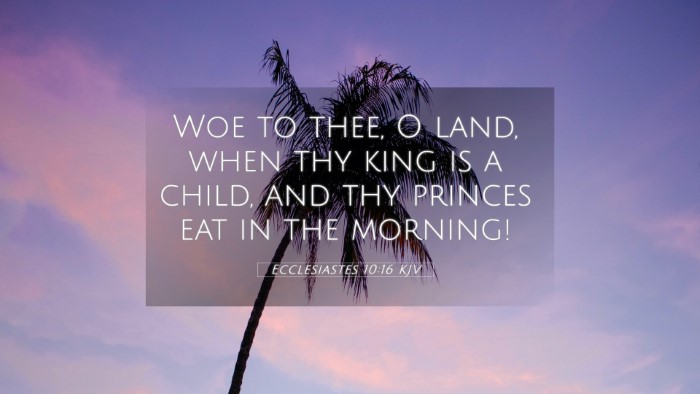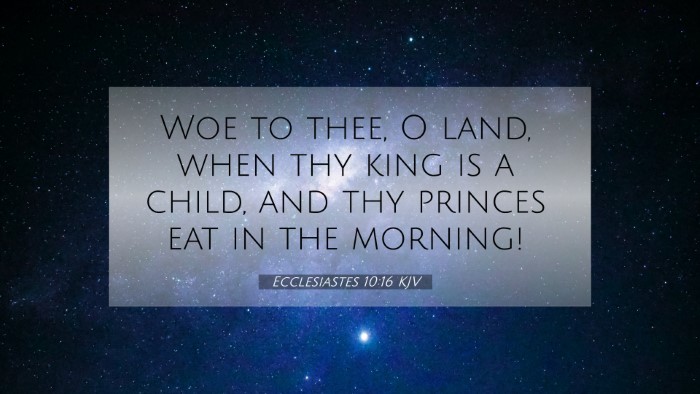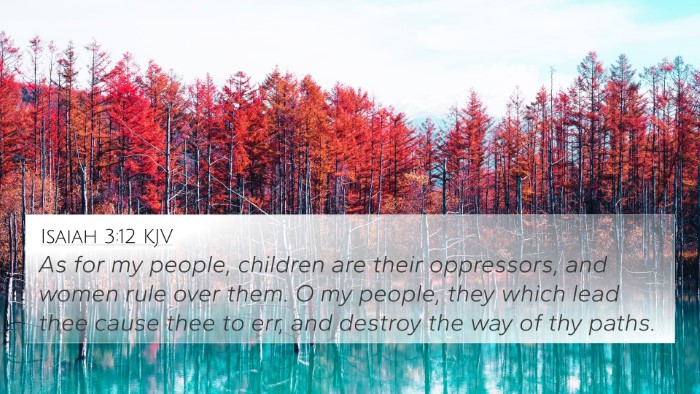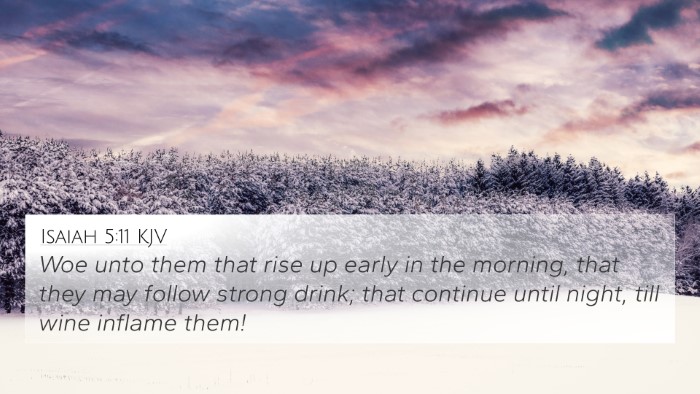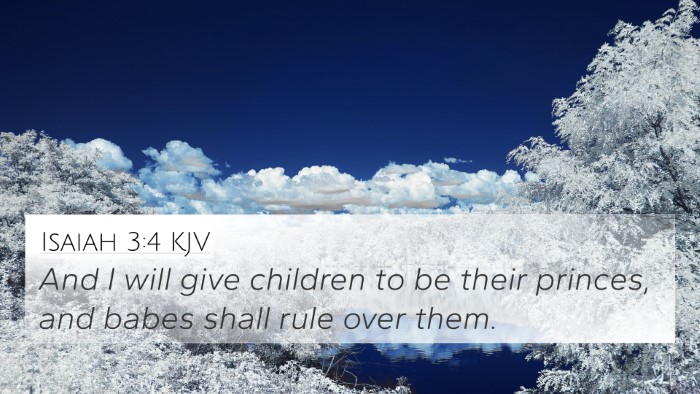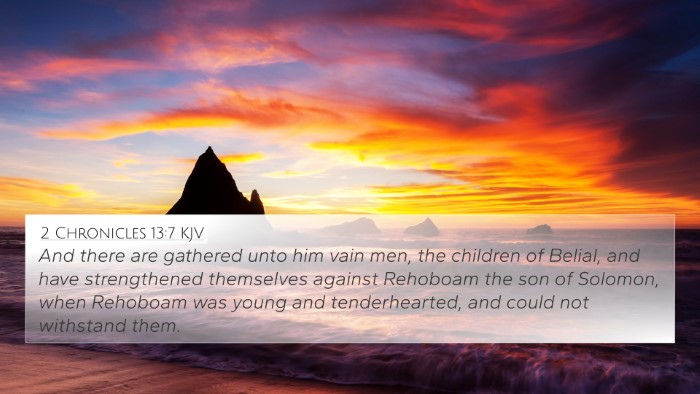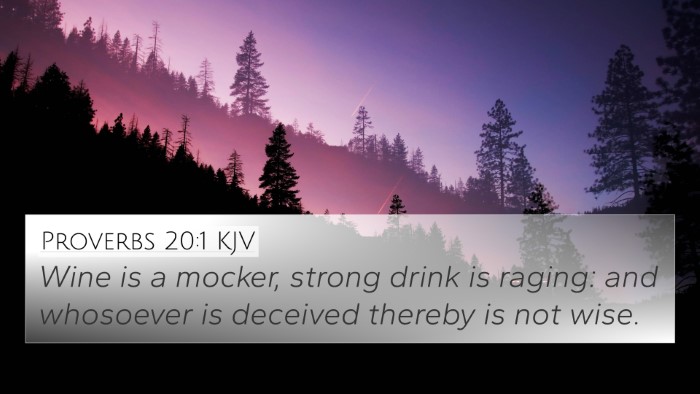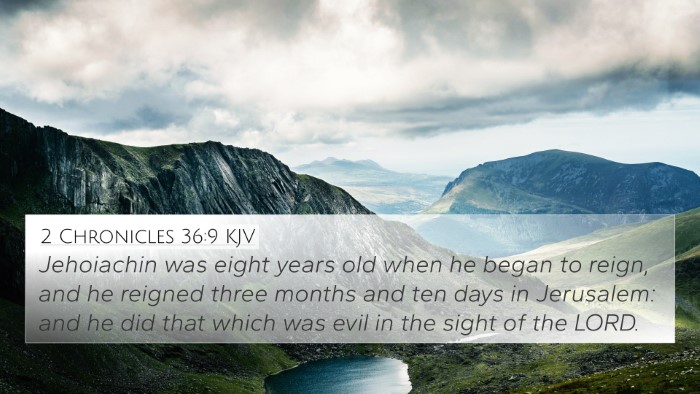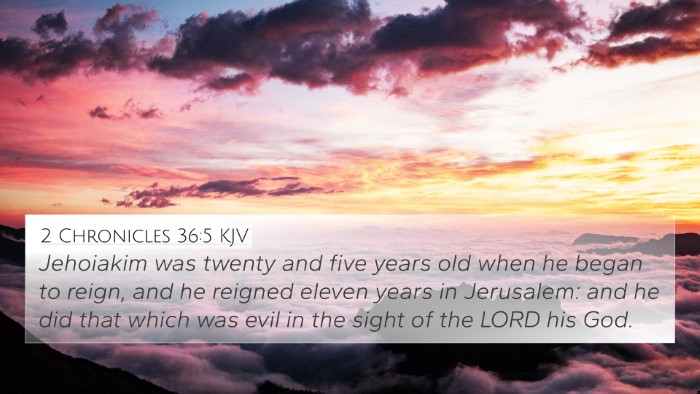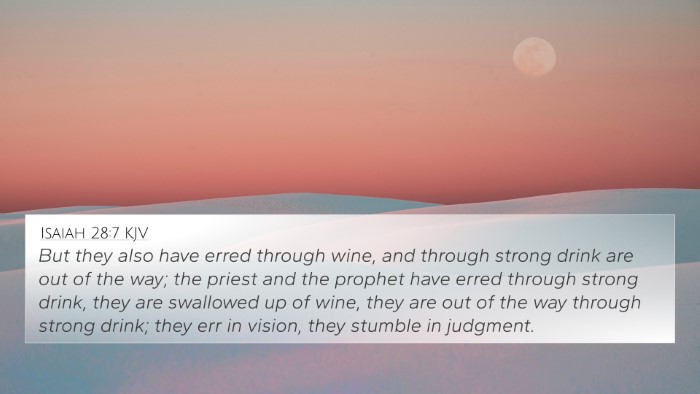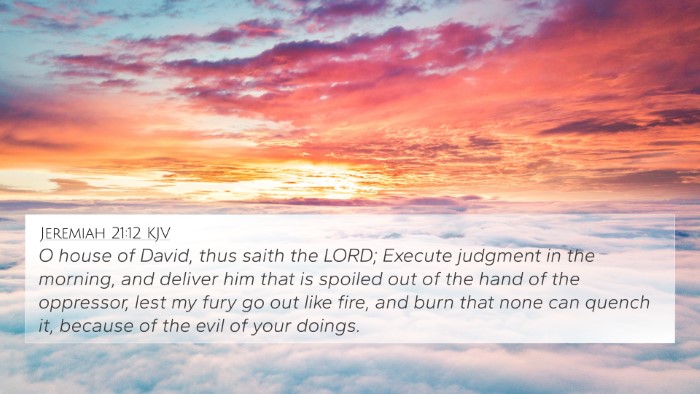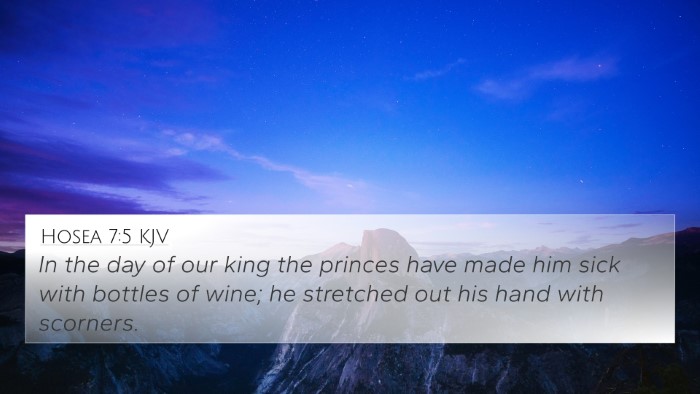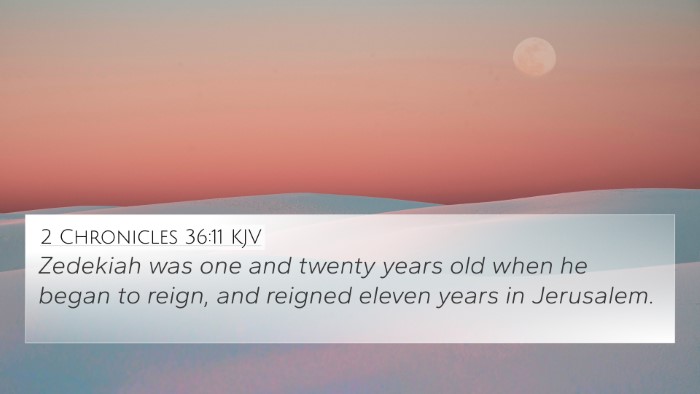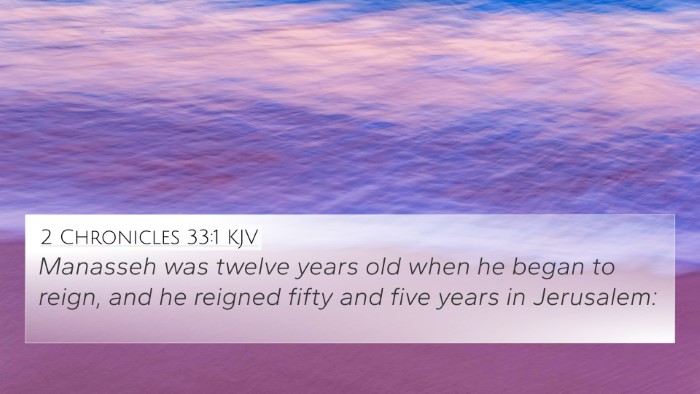Exploring Ecclesiastes 10:16: A Comprehensive Analysis
Ecclesiastes 10:16 states, "Woe to you, O land, when your king is a child, and your princes eat in the morning!" This verse captures the essence of governance, maturity, and the potential pitfalls of leadership.
Meaning and Interpretation
The verse serves as a warning about the dangers of immature leadership and the implications it carries for the society that is under their rule. Matthew Henry, in his Commentary on the Whole Bible, highlights that a land ruled by a youthful king lacks the wisdom and experience necessary for sound governance. Albert Barnes reinforces this idea by suggesting that such leaders may prioritize their own pleasures rather than the needs of their subjects.
Adam Clarke offers a deeper insight by interpreting "princes eat in the morning" as a metaphor for indulgence and excess, suggesting that the folly of youth can lead to a lack of discipline and poor governance choices. The implication is clear: when those in power are inexperienced, the general populace suffers as a result.
Contextual Background
Understanding this verse requires a grasp of its larger context within the book of Ecclesiastes, which explores the meaning of life and the fate of humanity under the sun. The Social and political factors of the time also play a crucial role. The admonition against childish leadership reflects the societal norms of wisdom respected in governance, emphasizing that the health of a society is strongly tied to the quality of its leaders.
Bible Verse Cross-References
- 1 Kings 3:7-9 - Solomon’s request for wisdom instead of wealth or long life, highlighting the importance of wise leadership.
- Proverbs 29:2 - "When the righteous thrive, the people rejoice; when the wicked rule, the people groan." This verse parallels the theme of governance quality.
- Isaiah 3:4-5 - Discusses the consequences of youth taking leadership roles and the turmoil that ensues.
- 2 Chronicles 10:1-2 - The story of Rehoboam, the youthful king whose decisions led to significant division in Israel.
- Proverbs 19:10 - "It is not fitting for a fool to live in luxury," reinforcing the idea of appropriate conduct for leaders.
- Proverbs 20:29 - "The glory of young men is their strength, but the splendor of old men is their gray hair," contrasting youthfulness with wisdom.
- Ecclesiastes 4:13 - "Better a poor but wise youth than an old but foolish king who no longer knows how to heed a warning," emphasizing wisdom over mere age.
Thematic Connections
This verse resonates with various themes throughout both the Old and New Testaments, such as wisdom in leadership, the folly of age, and the burdens of governance. These themes can be explored through tools for Bible cross-referencing including
- Bible concordance
- Bible reference resources
- Cross-reference Bible study guides
Practical Applications for Readers
Understanding the implications of Ecclesiastes 10:16 within a contemporary context allows readers to apply its lessons on leadership and wisdom in their daily lives. Individuals in positions of authority should reflect on their own maturity and commitment to responsible governance.
Conclusion
In summary, Ecclesiastes 10:16 serves as a powerful reminder of the significance of wisdom and maturity in leadership. By examining cross-references and thematic connections, one can appreciate the richness of Biblical texts and their relevance in various aspects of life.

